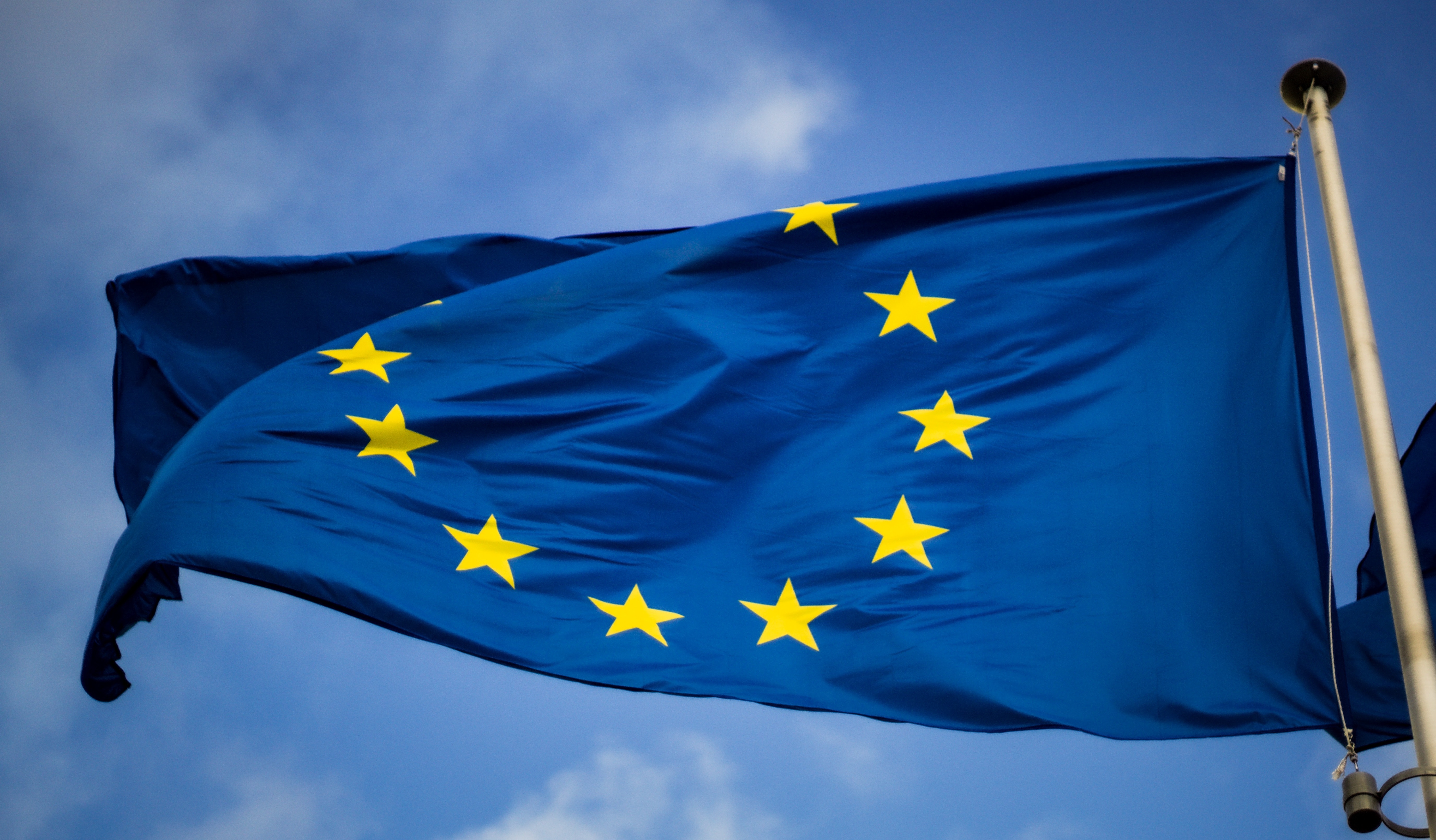
With the demise of the trans-Atlantic alliance, and the foundations of the West shattered, the already-weak economies of Europe have some fast thinking to do. The old way of doing things in Europe were straightforward (and a sweet deal), but they’re gone.
Firstly, Europe spent little on defense (excepting the rightly-nervous Baltics), depending on the US for both conventional and strategic (i.e. nuclear) defense- all expensive kit. The chart below shows the trend of conventional weapon stockpiles in Germany, but the situation is similar across Europe. Underinvestment, poor recruitment = pathetic readiness.

Europe’s Nuclear Dependency: U.S. Umbrella No Longer Guaranteed
With the de minimus exception of UK and French nukes (225 and 290 respectively), Europe’s strategic defense depends almost completely on the US (3,700 nukes) to face down the Russian bear (4,299 nukes), representing trillions in investment by the US since WW2. All this left a much bigger budget for generous pensions and expansive social nets.
The Economic Illusion: Cheap Russian Energy, Chinese Goods, and Ignored Infrastructure
Secondly, Europe’s economy leveraged cheap Russian energy and Chinese goods, and saved even more money by not investing in infrastructure (looking at you, Britain). Due to protective laws and tariffs, European farmers were able to export without facing material competition. What politician has faced the French farmer down and won?
Why Europe Falls Behind in Tech Innovation and Startups
Thirdly, a chronic problem Europe’s had is underinvestment in tech, AI, and startups. The US has 656 unicorns worth $2,110B, China has 168 worth $641B. The UK + Germany + France has 109 unicorns collectively, worth a total of $317B. Why? The culture and laws are an impediment, including a less tolerant attitude towards failure, a more conservative approach to risk-taking, and a higher cost of doing business. No amount of investment or incubators can create founders if the culture isn’t first in place to inspire and reward people for trying (and failing). Most money comes from the government, and government money comes with strings attached-favoring safe, incremental ideas over bold, disruptive ones. And because governments dominate the funding landscape, private investors — who bring not only capital but also mentorship and accountability — are sidelined. This is slowly changing, but still a huge issue.
Collapse of the Transatlantic Alliance: Europe’s Economy and Defense Now Exposed
I don’t need to spend any time describing the havoc and chaos wreaked upon the old alliance; it’s well covered elsewhere. But all at once, the US defense umbrella has vanished, cheap Russian energy gone, a benign tariff environment flipped upside down, and Chinese goods threaten to overwhelm the economy due to China’s chronic overproduction. At the same time, if their economies are to make a turnaround and foster innovation and create value, there must be some big changes in culture and laws.
A New Economic and Strategic Path for Europe: Global South, Debt, and Unity
Trump wants America First (isolated and independent), and perhaps Europe should not fight this, instead of kowtowing (again, looking at you, Britain). If the continent can truly unite then there is a path forward. The issues with differing languages, nationalistic protectionism and cultures will make this hard. Hang together or hang separately, the choice is Europe’s.
Europe needs to find new partners, as its old ones have either abandoned (US) them or attacked them (Russia). Partnering with countries across the Middle East, the Global South, and Asia, Europe can benefit from thriving markets and booming economies.
Finally, Europe needs to unlock its treasury, Germany notwithstanding. Almost a century of underinvestment in infrastructure and defense has left Europe weak. It must be willing to borrow, and go big. Collective debt is the way to go. EU bonds could power this engine forward.
European Strategic Autonomy: Toward a Strong, Independent Superpower
In conclusion, Europe has been kicked out of the nest, and has to stand on its own. It will need to overcome cultural issues, nationalism and aversion to debt. That starts with bold, immediate investment in entrepreneurship and innovation.But acting together it could truly become a world superpower. The Atlantic alliance might one day reappear, but will not be what it was. A well-armed Europe—even including, as the Polish prime minister has recently suggested, one with a larger group of nuclear powers—would be a good thing. A Europe free of its dependence on the United States will benefit both sides.

